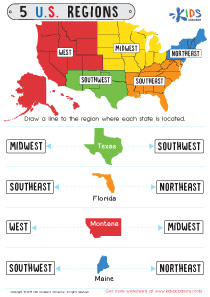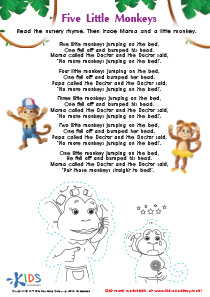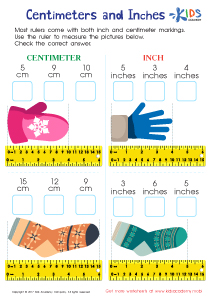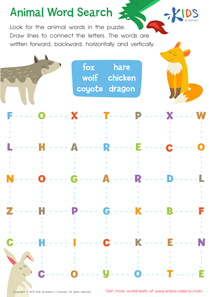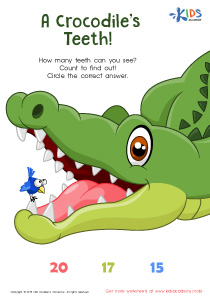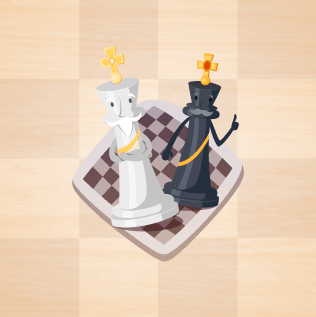Chess Lessons | Chess Basics for Ages 6-7
6 results
Dive into the captivating world of chess with our "Chess Basics for Ages 6-7" course! Specially designed for young minds, this course combines interactive worksheets, engaging educational videos, and fun assessment quizzes to introduce the enchanting game of chess. Your child will learn the fundamentals, from the chessboard layout to the unique movements of each piece, in a way that's easy to understand and exciting to explore. Foster strategic thinking, improve concentration, and ignite a lifelong passion for chess. Join our Chess Basics course now and watch your child embark on an incredible journey of discovery and learning!
Unlocking Young Minds: The Benefits of Chess Basics for Ages 6-7
In today’s fast-paced world, equipping young children with critical thinking skills and a strong foundation in logical reasoning from an early age has become imperative. Our Chess Basics for Ages 6-7 program stands as a beacon of innovative learning, meticulously designed to harness the cognitive and educational growth of children. Through interactive worksheets, engaging educational videos, and assessment quizzes, this program not only introduces children to the enchanting world of chess but also significantly contributes to their academic and personal development.
Cognitive Development at Its Core
Chess, often described as a gymnasium for the mind, is a powerful tool for cognitive enhancement. For children aged 6-7, our Chess Basics program offers a unique opportunity to sharpen their mental faculties. The process of learning chess moves and strategies improves memory, as children must recall the rules of the game, the movements of the pieces, and even specific positions from their or others' games. This constant exercise of memory strengthens their overall capacity to remember and recall information, a skill that is directly applicable to their academic studies.
Fostering Logical Thinking and Problem-Solving Skills
At the heart of our program are interactive worksheets and educational videos that challenge children to think logically and anticipate outcomes, which is the essence of problem-solving. By engaging with our carefully designed Chess Basics curriculum, children learn to evaluate situations, consider multiple perspectives, and predict the consequences of their actions. These skills are not only fundamental in mastering chess but are also invaluable in mathematics, science, and critical reading, making our program an essential complement to traditional education models.
Enhancing Concentration and Patience
One of the most significant benefits of our Chess Basics for Ages 6-7 is the remarkable improvement in children's concentration and patience. Chess requires focused attention not just for minutes but over extended periods, which naturally trains young learners to enhance their concentration levels. This increased capacity to focus is invaluable in a classroom setting, where longer attention spans can lead to better understanding and retention of information.
Building Confidence and Resilience through Interactive Learning
Through interactive learning experiences, including assessment quizzes that provide immediate feedback, children learn the importance of persistence and resilience. Each lesson is designed to offer just the right level of challenge, encouraging young learners to try different strategies and learn from their mistakes without fear of failure. As children advance through the program, they build confidence in their abilities, a trait that translates into a more positive attitude towards challenging academic subjects.
The Social Dimension of Chess Learning
While the primary focus of our Chess Basics for Ages 6-7 program is cognitive and academic development, it also offers invaluable social benefits. Chess teaches children about sportsmanship, fair play, and respect for opponents. These lessons in empathy and understanding are crucial for young children as they navigate their social environments, both in and out of school.
A Foundation for Lifelong Learning
By integrating our Chess Basics program into the early educational experiences of children aged 6-7, we lay down a foundation not just for academic success but for lifelong learning. The skills acquired through chess—strategic thinking, problem-solving, memory enhancement, and concentration—are universal, offering children a significant advantage in all areas of study and personal development.
In conclusion, our Chess Basics for Ages 6-7 program is much more than an introduction to a timeless game; it is a comprehensive learning tool that supports the intellectual, emotional, and social development of young learners, preparing them for the complex challenges of the future.
